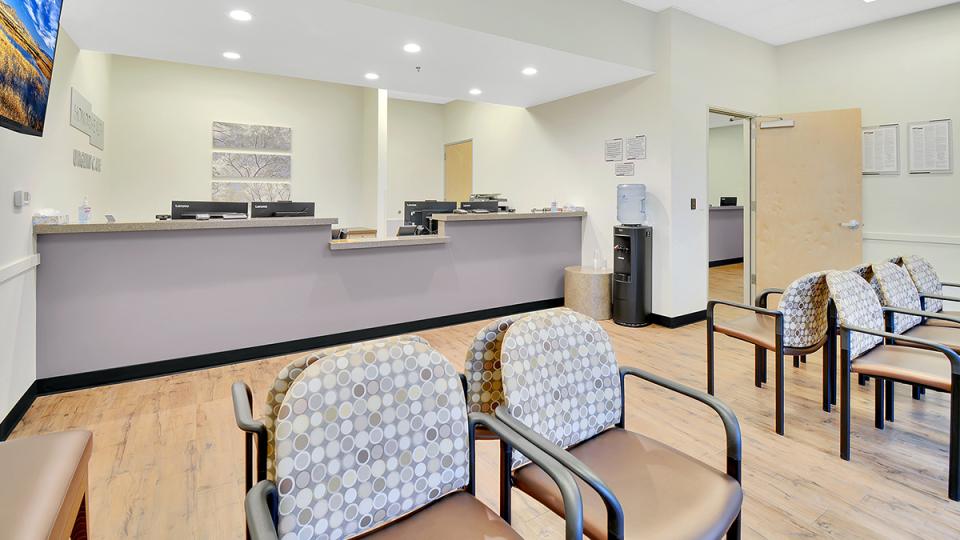Visitor information
Medical center visitor guidelines
To prevent the spread of respiratory illnesses, HonorHealth has seasonal visitor restrictions in place. Here’s what you need to know when visiting our medical centers:
- Visitors are allowed 24 hours a day unless there is a justified clinical reason for no visitors.
- Children 12 years of age and under are not permitted to visit patients at this time.
- The only exception is healthy siblings of healthy newborns.
- Emergency departments allow for open visitation, as waiting area occupancy allows.
- We encourage no more than two visitors at a time per patient.
- Cafeterias and gift shops are open.
- Get more information about current OB and NICU guidelines.
- We strongly encourage visitors to observe appropriate hand hygiene guidelines. Gloves are not permitted.
Medical Group visitor guidelines
- Family members and support persons can accompany patients to their appointments.
HonorHealth recognizes the basic human right to choose one's own support system in a time of need. An open visitation policy is designed to protect the patient's rights to receive any visitors they designate regardless of race, color, national origin, religion, sex, sexual orientation, gender identity or disability. All visitors will enjoy full and equal visitation privileges consistent with the patient preferences.
Reduce your risk of illness
Background Image: COVID-19 information from HonorHealth
Background Image: Quick tips to avoid illness from experts at HonorHealth
Background Image:
